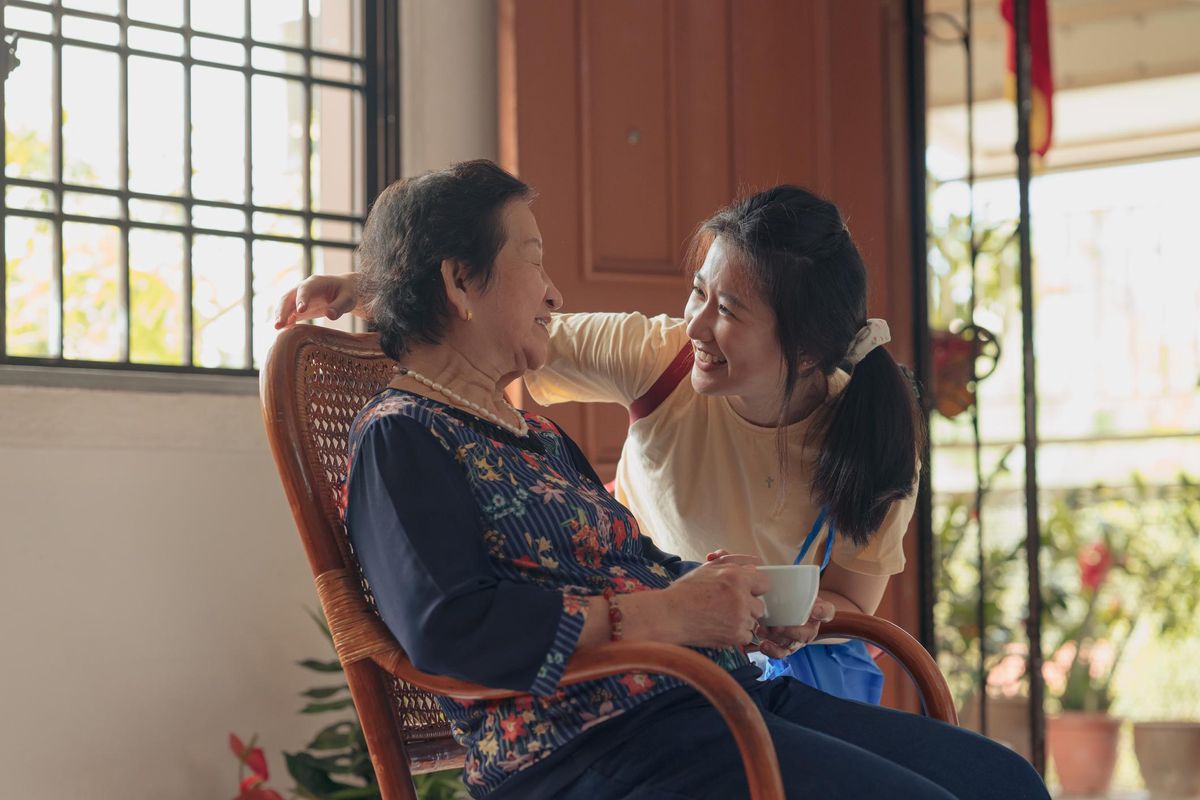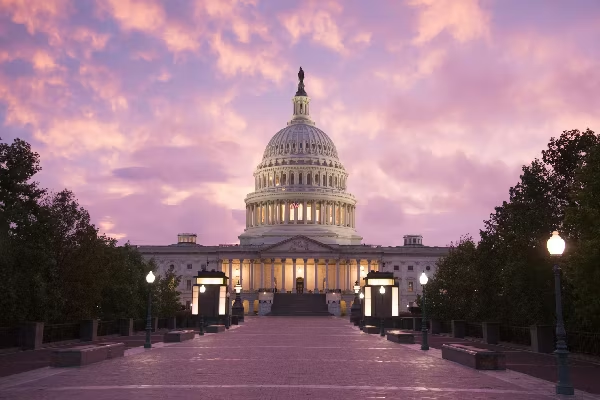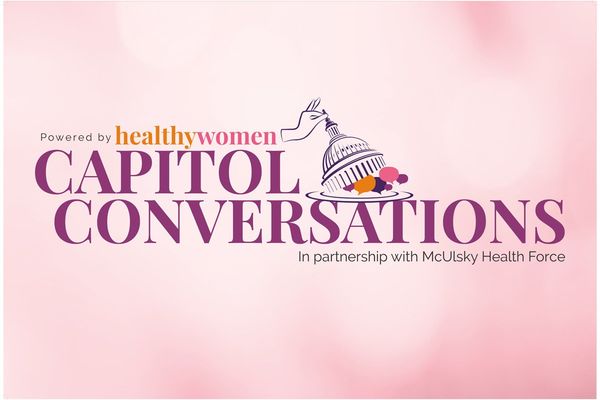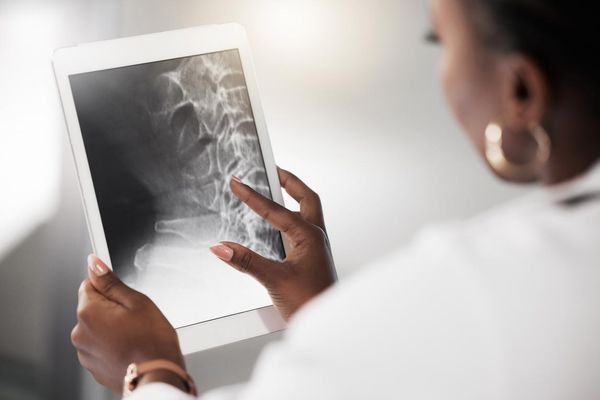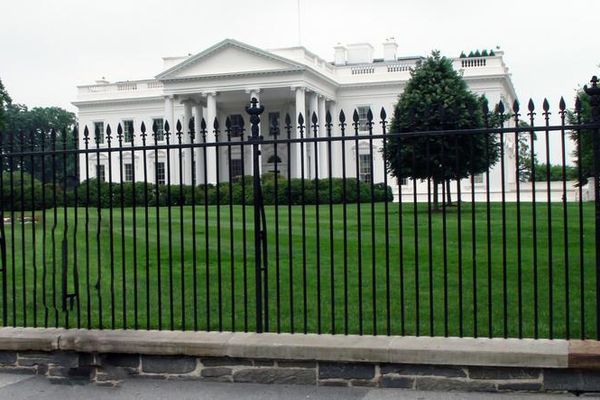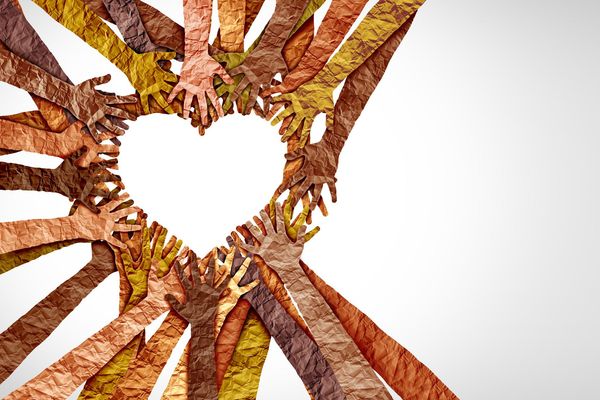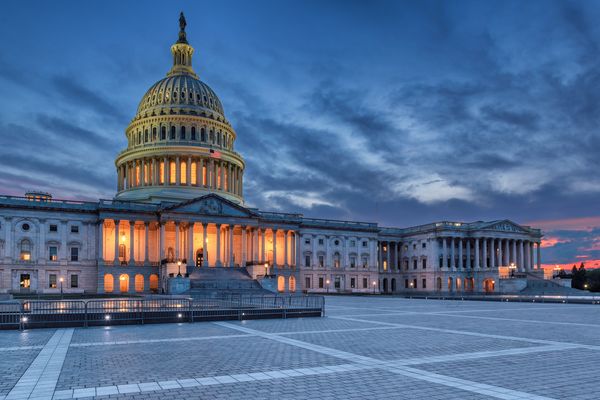It is National Caregivers Day, and on behalf of caregivers across the nation, particularly women, HealthyWomen extends a huge thank you for all that you do every day, week in and week out, to help take care of loved ones. Whether you’re a family caregiver or a professional, independent, private, informal or volunteer caregiver, all of you deserve our gratitude and appreciation for the personal care and physical and emotional support you provide to so many among us who are in need. Caregivers need our support and recognition as so often their work is unpaid.
Caregivers provide for the health and well-being of individuals, often a family member, who need help with daily tasks and activities from things that are essential and necessary to medical aid to more personal needs, such as grooming and bathing. A caregiver might be needed because of an injury, mobility or memory issues, illnesses, or chronic conditions that make the handling of everyday chores hard or impossible. The individual in need can be one’s child who has specific health needs, that make navigating daily interaction in the world, including school, challenging; a partner with a severe medical issue; or more commonly an aging parent. According to AARP’s 2020 Caregiving in the US report, millions of Americans are caregivers with 89% being relatives. The age range is predominantly between 35 to 75 years of age (77%) and the majority of these caregivers are women (61%).
Being a caregiver is not often something chosen. It just happens, which makes it so important that caregivers get the recognition and support that they need. Too often, caregivers do not realize the emotional and financial toll that caregiving is having on them. It can affect their work and their ability to keep their jobs, adding more stress to an already stressful situation. Caregivers need to care for themselves, too.
This year, the caregiving community lost one of its strongest and biggest champions, Gail Gibson Hunt, who founded the National Alliance for Caregiving, the national and globally recognized experts on caregiving issues. She put the issue of caregiving on the map and made sure it was a focal point of policy discussion from Capitol Hill to the halls of so many state legislatures. In her honor, Congress should pass several legislative investments in the Build Back Better Act that are designed to help family caregivers, providing yet another reason to take action on this important piece of legislation.
Please take a moment today, and every day, to thank someone you know who is a caregiver.

